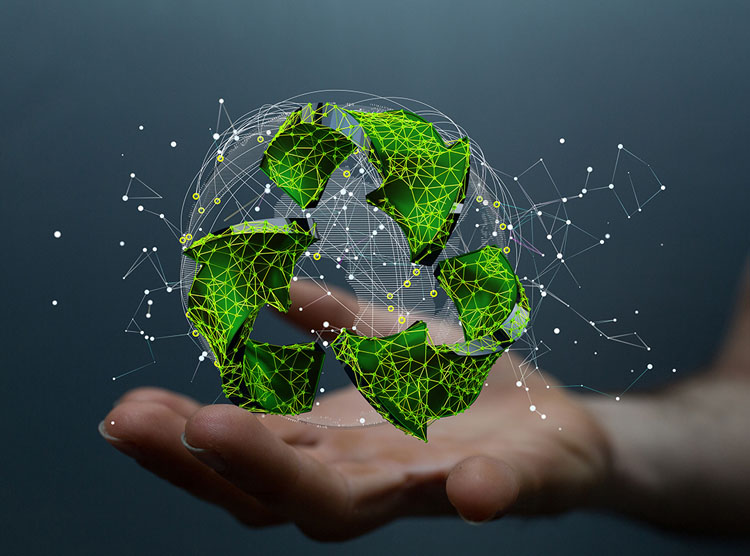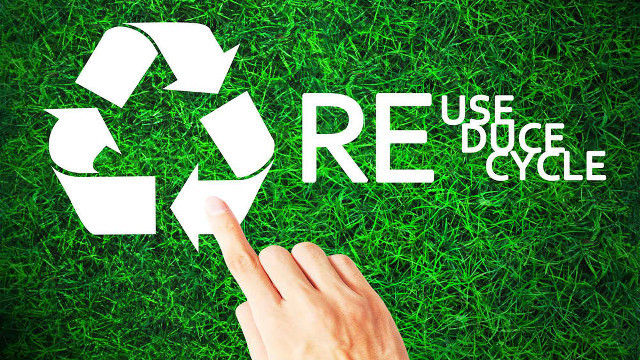In an era dominated by environmental concerns and the urgent need for sustainable living, the principles of “Reduce, Reuse, Recycle” have become a rallying cry for individuals, communities, and nations alike. The United States, a country known for its vast resources and consumption patterns, finds itself at a critical juncture in its journey towards a more eco-friendly future.
Reducing Consumption
The first pillar of the eco-friendly mantra, “Reduce,” is perhaps the most impactful but often overlooked. In a consumer-driven society like the USA, reducing consumption poses a considerable challenge. However, conscious efforts are being made by individuals and businesses to minimize waste at the source. From the grassroots movement of minimalism gaining popularity to the rise of sustainable and durable products, the shift towards reducing unnecessary consumption is evident.
One key aspect of reducing consumption involves rethinking packaging practices. With an increasing awareness of the environmental impact of single-use plastics, businesses are exploring alternative materials and adopting more sustainable packaging methods. Additionally, consumers are becoming more discerning, opting for products with minimal or eco-friendly packaging.
The Role of Reuse
The second principle, “Reuse,” encourages the extension of the lifespan of products, thereby reducing the demand for new resources. Thrift stores, second-hand markets, and online platforms dedicated to buying and selling used items have gained traction across the country. This trend not only contributes to waste reduction but also fosters a culture of sustainable living.
Moreover, initiatives promoting reusable alternatives are on the rise. From reusable water bottles to cloth grocery bags, individuals are making conscious choices to minimize their environmental footprint. The concept of “zero-waste living” is gaining momentum, inspiring people to adopt practices that prioritize reusable items over disposable ones.
Recycling Challenges and Innovations
While recycling is a crucial aspect of waste management, the process faces significant challenges in the USA. Inconsistent recycling practices, lack of standardized regulations, and contamination of recyclables are persistent issues. Many Americans are unsure about what items can be recycled, leading to contamination of recycling streams and increased processing costs.

To address these challenges, communities and local governments are working towards standardizing recycling guidelines and improving public awareness. Educational programs, informative campaigns, and recycling infrastructure improvements are underway to enhance the efficiency of recycling systems. Additionally, advancements in technology are playing a pivotal role in streamlining the recycling process, making it more economically viable and environmentally friendly.
Circular Economy Initiatives
A promising development in the quest for sustainability is the growing emphasis on the circular economy. Unlike the traditional linear model of production, consumption, and disposal, the circular economy seeks to minimize waste by promoting the continual use of resources. Companies are increasingly adopting circular principles, designing products with longevity in mind and incorporating recycled materials into their manufacturing processes.
Circular economy initiatives extend beyond individual efforts, with governments and businesses collaborating to create a more sustainable ecosystem. In some regions, legislation is being enacted to incentivize circular practices, encouraging businesses to prioritize recycling and reuse in their operations.
Community Engagement and Grassroots Movements
Realizing the importance of community involvement in sustainable practices, various grassroots movements and community-based initiatives have emerged. Community gardens, composting programs, and local clean-up projects are just a few examples of how individuals are coming together to make a positive impact on the environment. These initiatives not only contribute to waste reduction but also foster a sense of environmental stewardship among residents.
Governmental Policies and Legislation
Governmental support is instrumental in steering a nation towards a more sustainable future. The USA has seen a mix of federal, state, and local policies aimed at addressing environmental concerns. However, the lack of a comprehensive and standardized approach poses challenges in creating a cohesive and effective strategy.
Efforts are being made to develop and implement policies that encourage sustainable practices, such as extended producer responsibility (EPR) laws and incentives for businesses adopting eco-friendly measures. Advocacy for stricter regulations on single-use plastics and the promotion of renewable energy sources are also gaining momentum.
The journey towards a more eco-friendly future in the USA involves a multifaceted approach encompassing individual actions, community engagement, technological innovations, and governmental policies. The principles of “Reduce, Reuse, Recycle” serve as a guiding beacon, urging individuals and institutions to rethink their consumption patterns and environmental impact.
While significant strides have been made, challenges persist, requiring continued collaboration and commitment. The USA stands at a crucial juncture where the choices made today will shape the environmental landscape for future generations. By navigating the eco-friendly path with determination, innovation, and collective effort, the nation can play a leading role in fostering a sustainable and resilient future.

